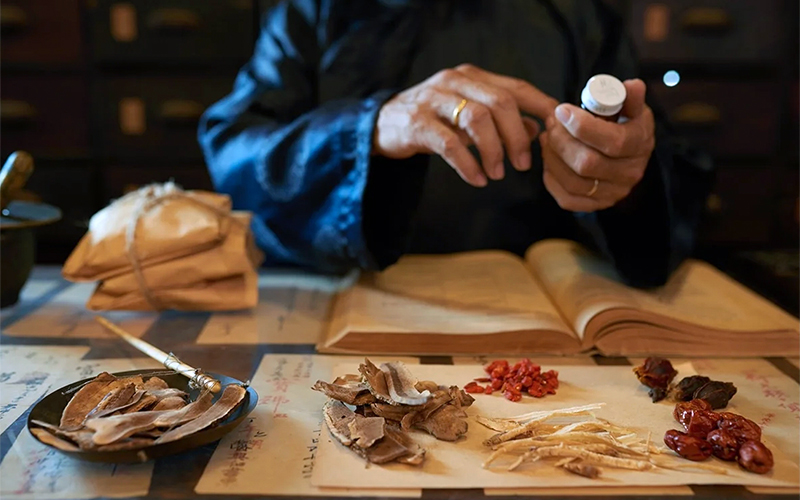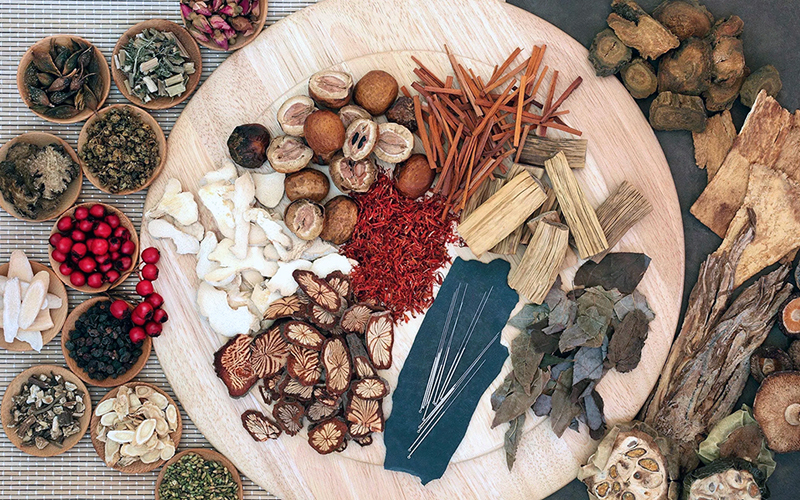
According to John Hopkins, herbal medicine is one of the key aspects of traditional Chinese medicine, which has a history of thousands of years. Herbal medicine aims to restore balance between health and disease. Qi (chi), the life force, runs through the body and an imbalance of chi can cause disease. This imbalance is thought to be caused by a shift in the opposing and complementary forces that make up chi, or yin and yang. This is the modern equivalent of antioxidant and oxidant balance theory. Herbal medicine helps to restore balance.
Phoenix Herb Company in Midtown carries more than 450 herbs and spices, with staff members with a combined 75 years of knowledge and experience. “We don’t diagnose or prescribe, but we offer herbal blends and teas as ancient remedies for modern health,” explains head apothecary Todd Altizer. “Herbs don’t cure you in and of themselves, but they retrain the body to heal itself.” To see what’s in store, check out the company’s website.
If you want to learn herbal medicine yourself, Altizer’s top recommendation is PrairieWise Herbal School, founded 27 years ago by Kahla Wheeler-Rowan. Wheeler became interested in herbal medicine at a young age, as her father had a general practice and research in the ’60s. Before founding PrairieWise Herbal School, she received extensive training from herbal health experts Susun Weed, Michael Moore and Matthew Wood. Her courses are now offered exclusively at The Laya Center in the Crossroads, and offer one-, two- and three-year courses.
Toia Mays, founder of the Raya Centre, has developed a very extensive holistic wellness programme. She has created a programme called ‘Afriveda Wellness’, which combines ancient African herbal medicine with Ayurveda. One of the signature treatments on offer is the Phytacin Flush, an herbal version of the Niacin Flush, which helps detoxify the liver. You can find out more about this and other treatments on the centre’s website.
Prairiewise Herb School 3-Year Clinical Program
Year 1
History of herbs, basic herbal preparations, herb safety, aromatherapy, basic nutrition
This year it’s just fun, making potions using fruit and other kitchen items and tasting them.
Second Year
Phytochemistry, Anatomy and Physiology for Herbalists, Materia Medica (Plant Monographs)
This is an intensive year to build a solid knowledge base for transition into clinical practice.
Third year
Opening an herbal practice, paperwork, ethics, etc. Providing supervised client clinical practice. Writing and publishing research papers.
This year will help develop students’ capabilities and advance their herbal studies and practice.


